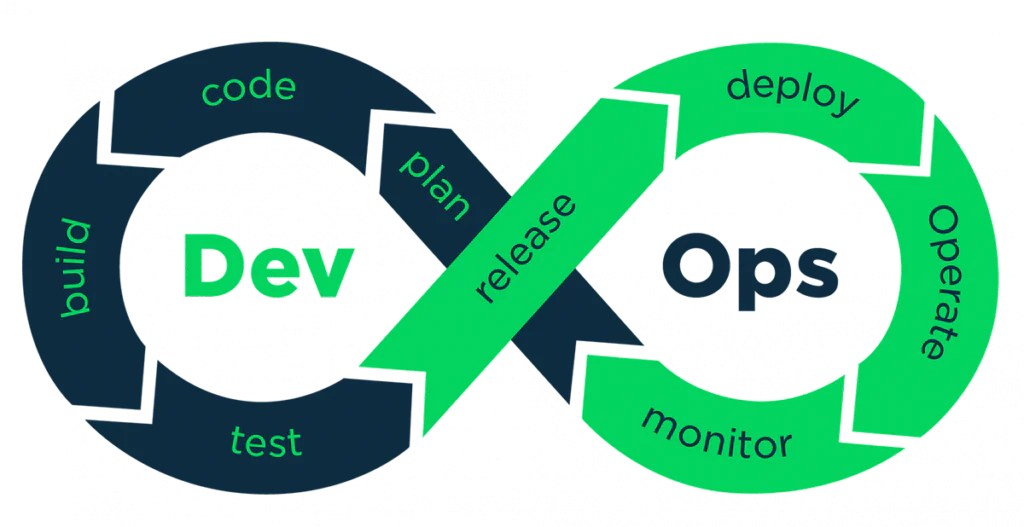DevOps engineers are a group of prominent people that have extensive expertise and centuries of hands-on experience with a wide range of open source techniques. They have key characteristics like coding and scripting abilities, data management capabilities, and a strong knowledge of business objectives. So if you are wondering how to become a DevOps engineer, you should know that they are appropriately referred to as “Special Forces” because they possess core characteristics such as teamwork, open communication, and stretching across functional boundaries.
Also Read: What Are The Benefits Of All-In-One PCs?
What Are the Responsibilities Of a DevOps Engineer?
- DevOps is not a strategy to persuade developers to perform operational responsibilities so that the operations staff can be eliminated, and vice versa.
- Rather, it is a manner of functioning that promotes the Development and Operations teams to collaborate closely in order to achieve a common goal. In a word, DevOps brings together developers and operations teams to increase productivity and communication.
- The major purpose of DevOps is to improve not just the product’s quality, but also the collaboration between the Dev and Ops teams, resulting in a smoother and more efficient workflow inside the business.
Roles And Responsibilities of DevOps Engineers:
- A DevOps Engineer’s first and most important function is to be a good communicator (soft skills). A DevOps engineer must act as a link across silos, bringing disparate teams together to achieve a similar purpose. As a result, DevOps engineers can be compared to “IT Project Managers.” They usually operate as part of a DevOps team alongside other experts in similar roles, each handling their particular piece of the infrastructural jigsaw.
- The second most important role of DevOps Engineers is that of expert collaborators.This is because their job demands them to scale cloud programmes, design workflow processes, and assign tenants based on the work of their development and IT counterparts.
- Finally, they are appropriately referred to as “mentors” because they spend most of their time training and educating software engineers and architecture groups within a company on how to construct scalable software. They also work with IT and safety departments to guarantee that releases are of high quality.
- Following that, they must be “customer-service oriented” people. The DevOps Engineer is a client-oriented team player that can come from a variety of professional and academic backgrounds but has built the necessary expertise to transition into DevOps via their experience.
DevOps Engineers Must Possess the Following Abilities:
Experienced SysAdmin with Virtualization
- Deployment is a primary requirement in the devops role, and ops engineers are excellent at it. All that is required is knowledge of deployment automation engines (chef, puppet, ansible) and their use-case implementations.
- Most public clouds nowadays run numerous versions of virtualization, therefore 3–5 years of virtualization knowledge with VMware, KVM, Xen, and Hyper-V is necessary.
Solution Architect
- Along with deployment and virtualization knowledge, a thorough understanding and execution of all hardware technologies, such as storage and networking, is required.
- People who can build a system that scales and operates with high reliability and uptime while using little resources are in high demand these days.
DevOps experts have been in high demand since 2018. The need for DevOps workers has risen dramatically in recent years in the IT industry. A DevOps certification is a total win-win situation, with the individual professional and the firm as a whole benefiting from its deployment. Completing a credential in the field would not only add value to one’s profile as an IT professional, but would also allow one to develop their career possibilities more quickly than would otherwise be possible.
Read more: Technology articles




































